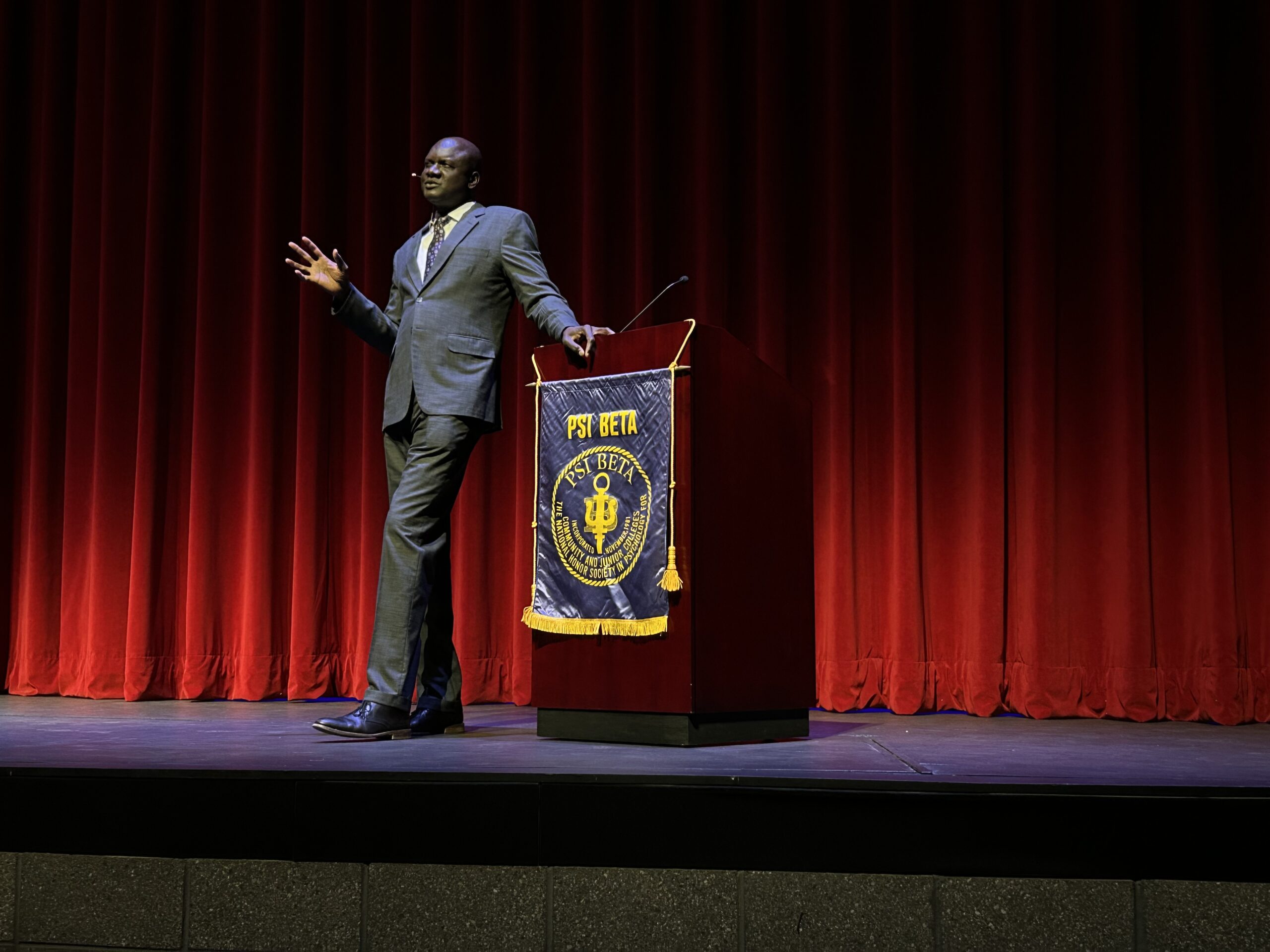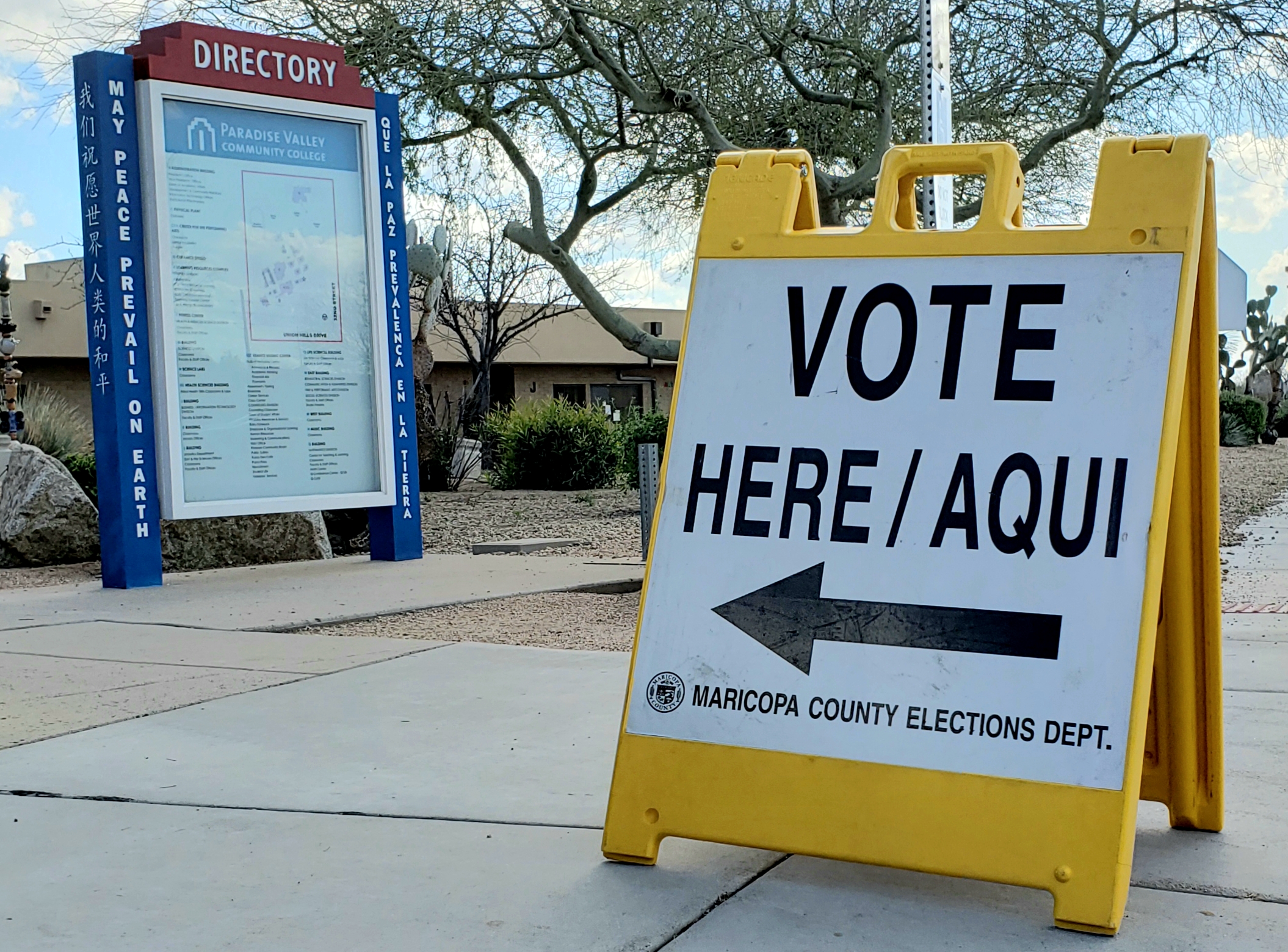Political attack ads increase as election season approaches
Political advertisements that work to slander opposing candidates in a given race can seem to permeate a surprisingly large degree of our lives. Whether they are seen during commercial breaks on television, as YouTube ads, or as social media pop-ups, the debasement of an opponent has become a political mainstay for many.
“Mark Kelly is out of touch with Arizona,” or, “[Kari Lake] is out of step with us, and needs to stay out of the governor’s office.”
One ad even portrayed Blake Masters alongside an old dating app profile.
Each new election cycle seems to bring new versions of the same attacks from both sides of the aisle.
While the subject of an advertisement may vary depending on the sponsor, the underlying message remains the same, “Our opponent is awful and you shouldn’t vote for them.”
But the question remains: Do they actually work? Do negative ad campaigns work in the favor of the party that pays for them? The answer is complicated. Political science research remains predominantly split on the matter.
In his dissertation “Assessing the Effects of Response Advertisements in Political Campaigns”, Matthew Dempsey, a lecturer at Arizona State University, addresses the argument that political entities would not waste millions of dollars on precious TV airtime to simply dissuade the very people they hope to attract at the polls.
“It does not seem entirely rational for campaigns to spend nearly two billion dollars in 2012, the majority of which were negative,” Dempsey stated.
One study conducted by Richard Lau, Lee Sigelman, Caroline Heldman, and Paul Babbitt, all current or former professors of political science and veritable experts in the field, found that negative advertisements did not actually have a significant influence on voter habits in either direction, for or against.
Again, the question must be posed. Why?
Why should a campaign spend so much money on something that may or may not provide its intended effect?
However, I believe it is also important to ask, why not?
Dempsey also notes that “the purpose of a political campaign is to win.”
Oftentimes, campaign ads seek to spark the ire of its viewers, perhaps by showing an opponent in a negative light, or by displaying the seemingly disagreeable things a candidate has said or done throughout their life.
If a candidate wants to win their race, they would need to persuade voters that their opponent is not worth electing.
While the merit of highlighting one’s own ability to lead certainly should not be negated, the power that comes with political anger can often become a potent tool for a potential officeholder.
Indignation has, historically, allowed for much larger degrees of change to come about. Revolutions have been sparked from this very feeling, and political campaigns look to exploit this emotion amongst voters.
When one watches a nominee say something that does not align with our perspective, it can be easy to scoff and wonder how anyone could possibly vote for this person, and campaigns recognize this.
Even that slight feeling of anger or frustration towards an opponent fulfills the campaign’s goal of influencing voters.
While attack ads may vary in style or substance, the desire to keep constituents from tossing a vote towards someone remains consistent.
Though it may be easy to scoff at the borderline immature nature of American politics in the 21st century, an increasingly polarized nation can make for a strong foundation of political change through anger.











